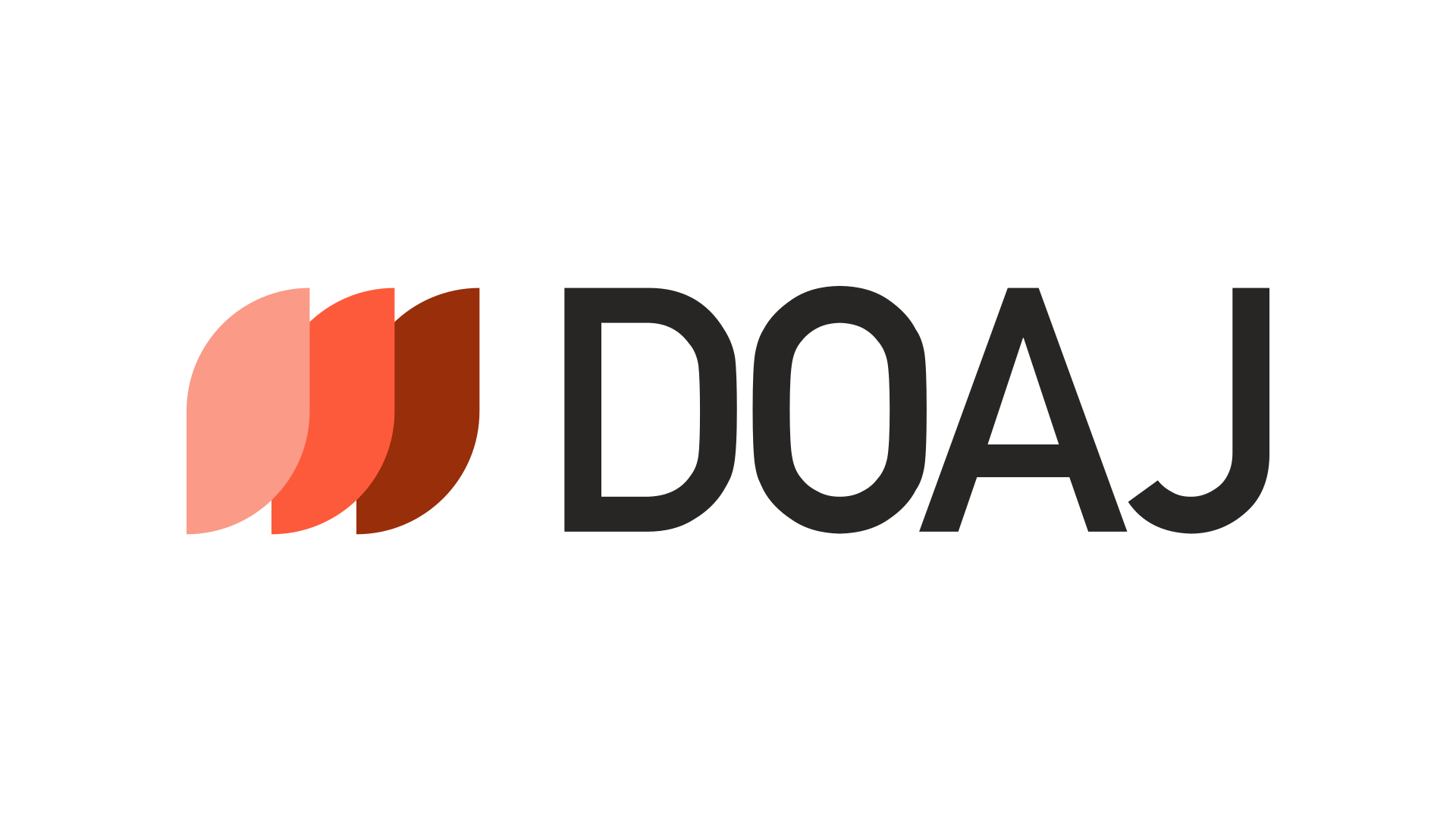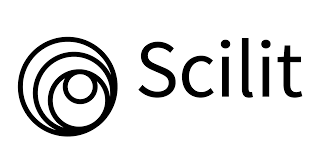PENGHUKUMAN BAGI KORPORASI PERUSAK LINGKUNGAN
DOI:
https://doi.org/10.38043/jids.v3i2.2199Keywords:
Kejahatan Lingkungan, Korporasi, PenghukumanAbstract
Meski telah ada perorangan maupun korporasi yang ditetapkan sebagai tersangka pembakaran lahan, bahkan telah ada diantaranya yang diberikan sanksi. Namun pembakaran lahan secara luas yang menyebabkan polusi udara berupa kabut asap di beberapa wilayah Indonesia masih terjadi. Saya berargumentasi itu disebabkan oleh belum tergentarjerakannya pelaku dan calon pelaku oleh sanksi yang ada. Secara umum terdapat lima doktrin utama penghukuman, yaitu: rehabilitasi, deterrence, incapacitation, retribusi, dan restorative justice. Menggunakan pendekatan literatur, disarankan adanya perbaikan pola penghukuman bagi korporasi pelaku kejahatan lingkungan di Indonesia. Sehingga diharapkan, penghukuman bagi korporasi di masa dating, selain mempu memperbaiki keadaan sosial, juga mendatangkan efek gentar dan jera.
Downloads
References
Kutipan Buku:
Bagaric, Mirko. 2001. Sentencing: A Rational Approach. London, Sydney, Cavendish Publishing Limited.
Mustofa, Muhammad. 2005. Metodologi Penelitian Kriminologi. Depok, Fisip UI Press.
Scott, David. 2008. Penology. London, Sage Publications Ltd.
Sunarso, Siswanto., 2004. Penegakan Hukum Psikotropika Dalam Kajian Sosiologi Hukum. Jakarta, Raja Grafindo Perkasa.
Raynor, Peter. “Communiy Penalties, Probation, and Offender Management” dalam Mike Maguire, Rod Morgan, Robert Reiner (Eds.), The Oxford Handbook of Criminology, Oxford: Oxford University Press, 2002, hlm. 928-954.
Kutipan Artikel Jurnal:
Alschuler, Albert, "Two Ways to Think about the Punishment of Corporations" (2009). Faculty Working Papers. Paper 192. http://scholarlycommons.law.northwestern.edu/facultyworkingpapers/192.
Anderson, James M. and Waggoner, Ivan., “How Did Criminal Law Come to Be Applied to Corporate Behavior, and WhatLessons Can We Draw from That History?”. The Changing Role of Criminal Law in Controlling Corporate Behavior, RAND Corporation. (2014). www.jstor.org/stable/10.7249/j.ctt1287mfw.9.
Bharadwaj, Ananthi. “Corporate Manslaughter and Corporate Homicide Act, 2007”. National Law School of India Review, Vol. 21, No. 1 (2009), pp. 201-212. Student Advocate Committee. https://www.jstor.org/stable/44283697. Accessed: 25-03-2019 19:02 UTC.
Bhaskar, T.K. and Umakanth, V. “Corporate Criminality And Law”. Journal of the Indian Law Institute, Vol. 38, No. 2 (April-June 1996), pp. 218-228. Indian Law Institute. www.jstor.org/stable/43927471. Accessed: 25-03-2019 19:29 UTC.
Brodeur, Jean‐Paul. “Comparative Penology in Perspective”.Crime and Justice, Vol. 36, No. 1, Crime, Punishment, and Politics in a Comparative Perspective (2007), pp. 49-91. The University of Chicago Press. https://www.jstor.org/stable/10.1086/592806
Clough, Jonathan. “Improving the Effectiveness of Corporate Criminal Liability: Old Challengesin a Transnational World”. Dalam Levy, Ron., Molly O’brien, Simon Rice, Pauline Ridge, Margaretthornton (edt). New Directions for Law in Australia: Essays in Contemporary Law Reform. ANU Press. (2017). www.jstor.org/stable/j.ctt1ws7wbh.18.
Cohen, Jacqueline. 1983. “Incapacitation as a Strategy for Crime Control: Possibilities and Pitfalls”. Crime and Justice, Vol. 5 (1983), pp. 1-84. The University of Chicago Press. www.jstor.org/stable/1147469. Accessed: 18-03-2019 17:15 UTC.
Corlett, J. Angelo. “Corporate Responsibility and Punishment”. Public Affairs Quarterly, Vol. 2, No. 1 (Jan., 1988), pp. 1-16. University of Illinois Press on behalf of North American Philosophical. www.jstor.org/stable/40435665. Accessed: 25-03-2019 18:42 UTC.
Davids, Leo. “Penology and Corporate Crime”. The Journal of Criminal Law, Criminology, and Police Science, Vol. 58, No. 4 (Dec., 1967), pp. 524-531. Northwestern University Pritzker School of Law. www.jstor.org/stable/1141911. Accessed: 28-03-2019 17:52 UTC.
Díez, Carlos Gómez-Jara. “Corporate Culpability as a Limit to the Overcriminalization of Corporate Criminal Liability: The Interplay Between Self-Regulation, Corporate Compliance, and Corporate Citizenship”. New Criminal Law Review: An International and Interdisciplinary Journal , Vol. 14, No. 1 (Winter 2011), pp. 78-96. University of California Press. www.jstor.org/stable/10.1525/nclr.2011.14.1.78.
Dubber, Markus D. “The Comparative History and Theory of Corporate Criminal Liability”. New Criminal Law Review: An International and Interdisciplinary Journal, Vol. 16, No. 2 (Spring 2013), pp. 203-240. University of California Press. https://www.jstor.org/stable/10.1525/nclr.2013.16.2.203
Dubbink, Wim and Smith, Jeffery. “A Political Account of Corporate Moral Responsibility”. Ethical Theory and Moral Practice, Vol. 14, No. 2, BSET Conference 2009 (April2011), pp. 223-246. Springer. www.jstor.org/stable/41472586. Accessed: 25-03-2019 19:00 UTC.
Egas, Martijn., Riedl, Arno. “The Economics of Altruistic Punishment and the Maintenance of Cooperation”. Proceedings: Biological Sciences, Vol. 275, No. 1637 (Apr. 22, 2008), pp. 871-878. Royal Society. www.jstor.org/stable/25249590. Accessed: 24-05-2019 06:54 UTC.
Hafni, Dinda Aisyah Fadhillah. 2017. Estimasi Luas Kebakaran Dan Emisi Karbon Akibat Kebakaran Hutan Dan Lahan Gambut Di Kabupaten Siak, Provinsi Riau. Bogor: Institut Pertanian Bogor.
Hamdani, Assaf., and Klement, Alon.“Corporate Crime and Deterrence”. Stanford Law Review, Vol. 61, No. 2 (Nov., 2008), pp. 271-310. Stanford Law Review. www.jstor.org/stable/40379686. Accessed: 30-03-2019 01:04 UTC.
Lergetporer, Philipp. Silvia Angerer, Daniela Glätzle-Rützler and Matthias Sutter. “Third-Party Punishment Increases Cooperation In Children Through (Misaligned) Expectations And Conditional Cooperation”. Proceedings of the National Academy of Sciences of the United States of America,Vol. 111, No. 19 (May 13, 2014), pp. 6916-6921. National Academy of Sciences. www.jstor.org/stable/23772698. Accessed: 24-05-2019 07:12 UTC.
Simpson, Sally S. Carole Gibbs, Melissa Rorie, Lee Ann Slocum, Mark A. Cohen and Michael Vandenbergh. “An Empirical Assessment Of Corporate Environmental Crime-Control Strategies”. The Journal of Criminal Law and Criminology (1973-), Vol. 103, No. 1 (Winter 2013), pp. 231-278. Northwestern University Pritzker School of Law. www.jstor.org/stable/24615613. Accessed: 28-03-2019 20:32 UTC.
The Yale Law Journal. “Decisionmaking Models and the Control of Corporate Crime”. The Yale Law Journal, Vol. 85, No. 8 (Jul., 1976), pp. 1091-1129. The Yale Law Journal Company, Inc. www.jstor.org/stable/795585. Accessed: 28-03-2019 17:48 UTC.
Rafalko, Robert J. “Corporate Punishment: A Proposal”. Journal of Business Ethics, Vol. 8, No. 12 (Dec., 1989), pp. 917-928. Springer. https://www.jstor.org/stable/25071985. Accessed: 24-03-2019 13:30 UTC.
Kutipan Website:
“Rekapitulasi Luas Kebakaran Hutan dan Lahan (Ha) Per Provinsi Di Indonesia Tahun 2014-2019”. http://sipongi.menlhk.go.id/hotspot/luas_kebakaran. Diakses 27 Maret 2019, 14.00 WIB.
“Inilah Ratusan Perusahaan dengan Lahan Terbakar yang Bakal Kena Sanksi”. www.mongabay.co.id/2015/09/18/inilah-ratusan-perusahaan-dengan-lahan-terbakar-yang-bakal-kena-sanksi/. Diakses 27 Maret 2019, 14.00 WIB.
“500 Perusahaan Dikenai Sanksi Langgar Aturan Lingkungan”. https://kabar24.bisnis.com/read/20180823/16/830589/500-perusahaan-dikenai-sanksi-langgar-aturan-lingkungan. Diakses 27 Maret 2019, 14.00 WIB.
http://sipongi.menlhk.go.id/hotspot/luas_kebakaran. Diakses 27 Maret 2019.

















